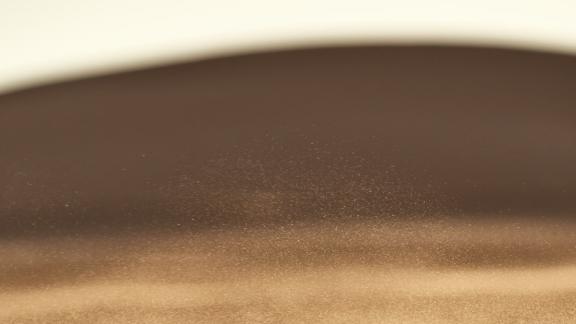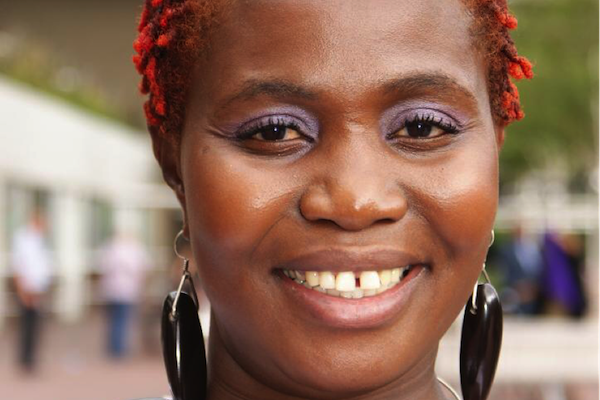
Sarian Kamara is the Founder of Keep the Drums, Lose the Knife, a grassroots organization campaigning to end FGM in Africa.
Articles by Sarian Kamara

Ending FGM through grassroots activism
Sarian Kamara is from Sierra Leone, but is now based in London, UK from where she runs her organization, Keep the Drums, Lose the Knife. As a survivor of female genital mutilation (FGM) and traumatic childbirth, Sarian was determined not to remain silent about her own experiences, sharing her story so that others can live free from the harm of FGM. My organization, Keep the Drums, Lose the Knife, is a community interest group which sets out to educate our communities in Sierra Leone and the Diaspora in the UK – communities from Nigeria, Gambia, Kenya, Liberia, Somalia, and Guinea. FGM is a global issue, and in London we have a big representative of all these different nationalities, and we all share the same concern about FGM for our families and friends. We wanted to make changes back home and here where we live, so we come together as a group of women who have already been through it. We use our experience as survivors of FGM to educate our people, and to help other people who probably have been through this practice at a very young age to understand what it means. We help people understand the laws around FGM in the Diaspora because there are some people who see it as cultural, and we want them to understand that it is actually against the law. The journey to activism I attend conferences, I train frontline professionals, local communities, schools, and we also engage people locally through outreach. But I've been an activist since I was cut [at the age of 11]. However, I didn’t know that I've been active against this practice and campaigning at this age – I didn't even know about what activism was. When I was older and went into society and realized that there's so much violence going on and the horror of what happened to me, it just made me hate the practice, made me hate the people around me. And to even think that my mum and my grandmother and the rest of my family organized this kind of violence to happen to me. I didn’t know what it means for me as the woman I would be, and as the woman I am now. After I was cut, any girl that I know that's been prepared to go get cut too, I would tell her what was going to happen – and my mum and my grandmother would have paid a lot of fines because of my actions. So, if you asked me how long I've been an activist, I can take it as far as that. Later, when I travelled to the UK as an adult, I realized women don't have to go through this, that this is just a bad practice that is a way of controlling you. So that was when my activism started in the UK. I started with my family and friends when I began to talk. People would walk away from me, but I’d continue to educate people to bring attention to how many women we know back home die giving birth. When I go back home, I talk about these issues. I engage people, and then that's how I begin to attend conferences. And then I begin to speak openly at conferences, training, and I went to study community development, writing my dissertation on FGM. That's how I started this journey.









